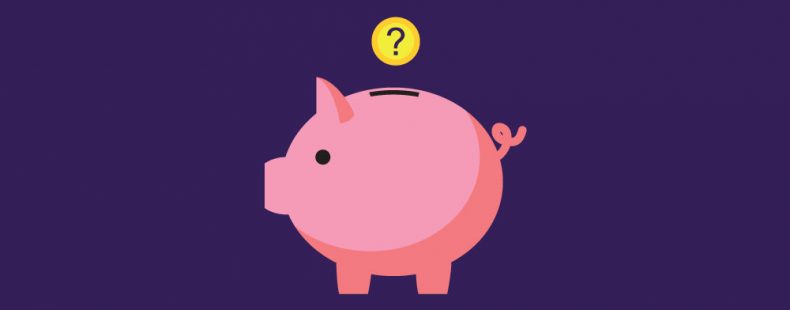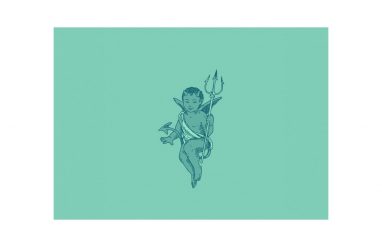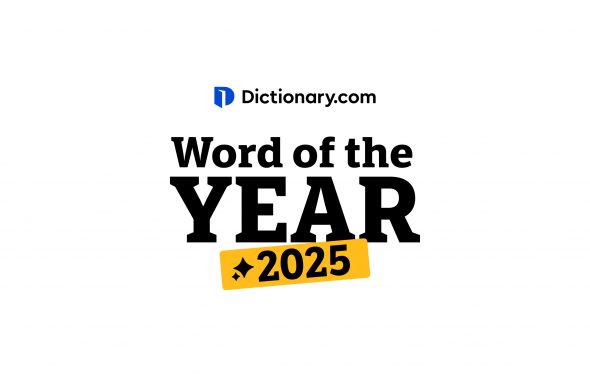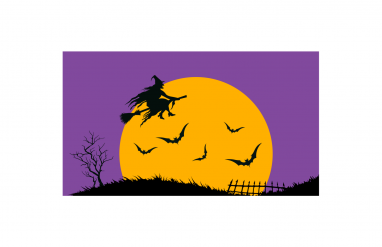Cheap, expensive, lavish, meager, a steal, or a rip-off. These are just some ways to talk about an item that costs money. But there are two other words used to talk about money as well: economic and economical.
These words have two different meanings, despite them both being adjectives. Plus they’re also only two letters off, adding to the confusion.
It’s pretty likely you’re mixing these words up! Let’s set the record straight and fix the ledger.
What does economic mean?
Economic‘s definition states the word is “of or relating to the science of economics or the economy,” or of personal finances, as well.
It can be used in a variety of ways, some already familiar to you. There can be an economic boom, or economic development. A human’s need for community is a noneconomic want.
The Greek oikonomikós, or “relating to household management,” is the root of economic. From the Greek is the Latin oeconomicus and the Middle French economique.
Economic as we know it today was recorded between the years 1585–1595.
What does economical mean?
Economical, on the other hand, means “avoiding waste or extravagance.” In other words, thrifty!
While it may be tempting to use it to describe the study of economics, given that they have the same etymology and they are both in the realm of talking about money, we use economical in a different way.
Your car’s gas mileage could make it an economical (thrifty) option because you won’t have to spend so much on gas. The economical option will be the one that costs less money, or uses fewer resources.
How to use them correctly
Should you run into trouble using these words, here are a few tips for remembering which to use.
First, commit this sentence to memory: “Due to the economic climate, the most economical option is best.” If you try to switch the two words, knowing the meaning of both, the sentence won’t make sense. An economical climate, or an economic option, makes this sentence nonsensical.
Another helpful hint is to tie economical to physical objects. This works for most nouns: our economical car from the previous example, an economical way to make a meal, or an economical winter coat that is warm and will last a long time. Such an object might be expensive in the short-term but gain economical status in the future.
Here are some examples to test out what we’ve learned about these two words:
In this sentence, which word would we use?
- The ____ policy of the country prioritized growth over all else.
The correct word is economic, since this sentence is talking about a country’s economy.
Can you make up a sentence where you would use our other word, economical? Your sentence could look something like this: That fridge seems like the most economical option, as it is smaller and energy efficient.
As with most word related conundrums, the more you read and get familiar with different words, the more they make sense.










